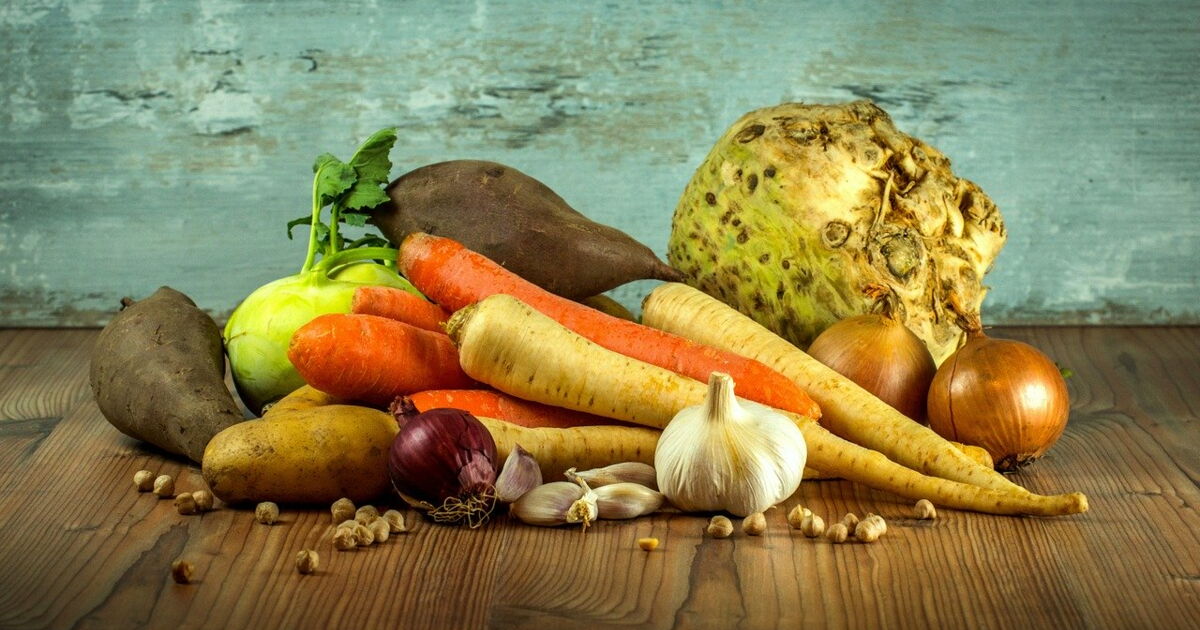Consumers are increasingly concerned about animal welfare. In particular, we are seeing an increase in the number of vegetarians, vegans and vegans. But how can we clearly differentiate between these different diets?
Vegetarian, vegan, vegan… These terms with a common etymological root are often confused. However, they have notable differences. When vegetarianism and veganism concern exclusively dietary patterns, veganism refers to a more global lifestyle, which does not only take into account the way we eat. What do these 3 words have in common? A plant-based diet.
What is the difference between a vegetarian and a vegan?
Only one letter differentiates these two words. Very close to each other, their respective definitions nevertheless contain an important difference. A person vegetarian is someone who excludes all animal flesh from their diet, whether meat, fish or seafood. A vegan person chooses to eat exclusively plant foods, and therefore excludes any product from an animal, whether meat, fish, seafood, but also eggs, milk and Honey.
These food choices can have several causes:
- solidarity with animals exploited for their meat, milk or eggs
- an ecological considerationknowing that the livestock and fishing sectors are destructive and polluting
- a wish to improve one's health knowing that diets without animal products are beneficial, and in particular recommended by the WHO
- religion (e.g. Hinduism)
What is a vegan diet?
And the vegans in all this? Word ” vegan ” is a English term coined in the 1940s. Designates a way of life excluding any form of animal exploitation. A vegan is therefore by definition vegan. (he does not eat any food resulting from the exploitation of animals), but he pushes his solidarity for animals into his entire way of living.
A vegan person is therefore careful not to use cosmetic and household products that have been tested on animals, does not go to the zoo or the circus, and does not wear leatherwool or fur. Veganism places ethics at the heart of its principle. It designates a whole way of life geared towards non-participation in the exploitation of animals in general.. A vegan wants to do as little harm as possible to animals, not only through their eating habits, but also through their hobbies, the purchase of clothing and products.
Since 2014, in England, there has even been an initiative called “Veganuary”. Its goal ? Encourage meat eaters to adopt a 100% plant-based diet throughout the month of January (and why not beyond), a bit like “Dry January”, the alcohol-free month. A challenge that brought together more than 700,000 volunteers in 2023, according to figures reported by the non-profit organization Veganuary.
What does a vegan eat?
As we said previously, vegan people have chosen not to eat meat, animal products, cold meats, eggs, milk, cheese, yogurt, seafood or honey. Vegans mainly eat fruits and vegetables (especially dried vegetables) very rich in vitamins and fiber. This diet must be very well balanced with starchy foods, tubers at the risk of endangering the health of the vegan person. However, we suggest you seek the advice of your doctor or a nutritionist.
Do vegetarians eat fish?
Vegetarians don't eat fish. Or, it depends on the vegetarian person's diet. But, no vegetarian do not eat fish or seafood. A vegetarian's diet consists of fruits and vegetables, others starchy foods and tubers. All animal products should be avoided in the vegetarian's diet.
What doesn't a vegetarian eat?
Foods that a vegetarian does not or will never eat include meat, dairy products from animalsFish and other seafoodeggs, honey, cold meats and other products requiring the death of animals such as rennet or gelatin.
What do you call a person who doesn't eat meat but eats fish?
We have detailed three major diets that are getting a lot of attention today: vegetarianism, veganism and veganism. But there is another less common one: the pescetarian diet. Originating from the Latin “piscis”, which means “fish”, this diet is adopted by people who do not consume red or white meat, but who eat fish and seafood.
You may also be interested in:
⋙ What are the advantages and disadvantages of vegetarian and vegan diets?
⋙ “Vegans are the most open”: personality influences the choice of diet
⋙ Veganuary: what is it exactly?
⋙ Why are some cheeses and wines not vegetarian?
⋙ Should we treat animals as our equals?
